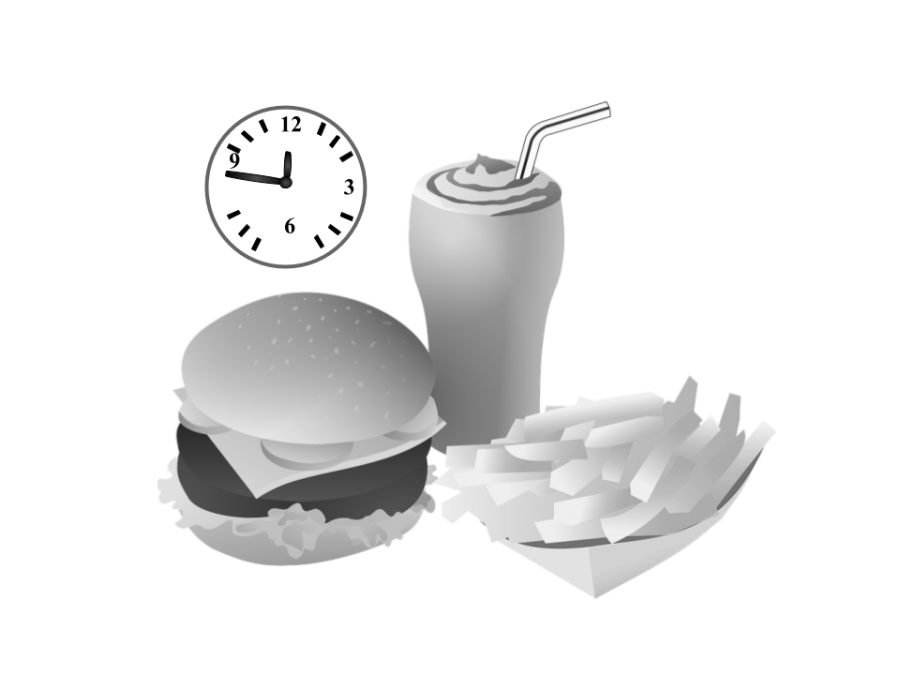GOT SLEEP? TITANS TIPS TO TAKE BACK SLEEP
More than 87% of high school students do not get the recommended 10 amount of sleep according to a 2006 poll taken by the National Institute of Medicine. Simple everyday activities can affect your sleep in you way you might not recognize. For instance studies done by the National Institutes of Health prove people who exercise more during the week have better sleep than those who tend to only do little or no exercise. Here are some tips to promote healthier sleep:
- Having a consistent sleep schedule. Go to bed at the same time and sleep the same number of hours each night. You should also avoid eating, reading, or being on your phone in bed. If you find yourself laying in bed for more than 20 minutes then consider getting up and doing something zen until you feel tired again like reading a book according to the National Institute of Health.
- Remember this activity should not include screen time – going on your phone or watching TV. “Thirty minutes to an hour before bed you should get off electronics” student counselor Sharon Struck said. Turn off electronics such as TV computers and phones in your room. These distractions all expose harsh light to your eyes and can put your brain under the illusion that it is day time.
- If you find yourself stressing to complete work when you should be going to bed, then you should consider rearranging your schedule to do the tasks beforehand. Planning ahead helps reduce stress which can cause sleep loss. Stress can seriously cause sleep disturbance according to the National Institute of Health.
- Avoid Large meals before you go to bed. Health Technician Brett Williams urges not to drink coffee after 3 p.m. He also requests students not eating an hour prior to bed time. Digesting food while you’re asleep causes your brain to be active when it should be inactive. This can result in a lack of energy the next morning, as well as heartburn, indigestion, or acid-reflux.
- Make sure the bedroom is quiet, dark, and a comfortable temperature. When your sleep environment is too bright, your brain can think its daytime, and you might not sleep through the night. Ideal room temperature when you’re sleeping is around 60-65°F. If the room is too hot, cold, or draughty you’re likely to be impacted, according to the National Institute of Health.







